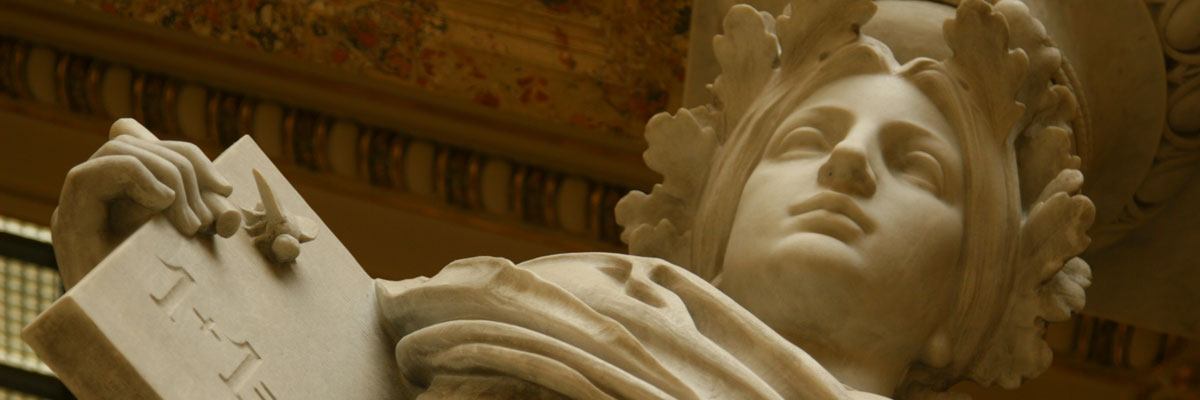
News archive
Search
Selected range: all newsIt started by accident in 2012 – now, it has become a method for finding oil and gas deposits backed by astronomers. Jaroslav Klokočník's team uses satellite data and a correlation between large hydrocarbon deposits and one of the quantities derived from the gravitational field model. The method does not require drilling and could thus inexpensively assist in the search for such deposits, ground water or paleolakes.
Confirmed: the biochip is as fast as an antigen test and at the time as reliable as the PCR method. A team of Czech scientists led by Hana Lísalová has achieved the most crucial milestone in the development of their unique system for the detection of the SARS-CoV-2 virus causing COVID-19. The research of the biosensor, which the system is based on, thus opened new options for further development in this area.
How do plants turn towards the light? Auxin tells them the way. Experts from the Czech Academy of Sciences (CAS) got a novel insight into the mechanism by which plants control the transport of this vital hormone. Two versions of the same protein that work against each other play the main role. Thus, they fine-tune the flow of auxin across the cells so that the plant grows and responds to stimuli correctly.
An effective storage of solar energy, reactions of cells to stress, new strategies against cancer. Those ideas scored well in the competition of more than 4000 proposals and won the ERC Starting Grant. Four Czech proposals succeeded, three of them were submitted by experts from the Czech Academy of Sciences.
It has already been 23 months since the Solar Orbiter spacecraft left the Earth. Now, it enters its main scientific phase and soon, it will observe the Sun and its characteristics from a close distance. This very complex scientific space laboratory carries four Czech instruments on board. Moreover, Solar Orbiter is not the only recent space project with the Czech trace: the JUICE spacecraft will launch to Jupiter soon and Czech scientists and engineers are a part of the mission team.
World War II also had its heroines. In the British Army Auxiliary Corps, Czechoslovakian women served not only as cooks or office workers, but also as drivers, meteorologists, interpreters, armorers and convoy commanders. Karolína Stegurová from the Institute of Contemporary History of the CAS follows the trace of their courage and fate.
How did the ancient people obtain, combine and preserve the scents of plants? What perfumes did they make of them? Although only little remains of the ancient knowledge, a scientist wants to experimentally reconstruct the process of preparing several ancient Greco-Egyptian perfumes. Together with a team of historians, Egyptologists, philologists and organic chemists, they are going to revive some of the scents used in the antiquity.
Czech scientists succeeded in confirming the presence of sigma-holes in atoms of halogen elements, which until now existed only in theory. They used their own improved method of scanning electron microscopy. That, for the first time, provided us some insight into the world of this subatomic phenomenon. The ground-breaking research, likened to the first direct observation of a black hole, was published in the Science journal.
The recent release of 52 lynx into the Polish wild does not meet international criteria, according to Czech scientists and conservationists who point that out. Polish zoologists released the endangered beasts without international cooperation and without sufficient information about their genetic origins. The new inhabitants of the forests may therefore bring more harm than good.
A plant does not always grow as it should, and sometimes, the problem is right at the start - in the seed. After years of research, scientists have found a new mechanism that influences seed production and quality in plants. Surprisingly, removing the function from a specific gene led to a poor seed development caused specifically by the paternal side. The research helps to understand an intricate process of plant sexual reproduction and thus may contribute to better breeding.
The Czech Academy of Sciences (the CAS)
The mission of the CAS
The primary mission of the CAS is to conduct research in a broad spectrum of natural, technical and social sciences as well as humanities. This research aims to advance progress of scientific knowledge at the international level, considering, however, the specific needs of the Czech society and the national culture.
President of the CAS
Prof. Eva Zažímalová has started her second term of office in May 2021. She is a respected scientist, and a Professor of Plant Anatomy and Physiology.
She is also a part of GCSA of the EU.









